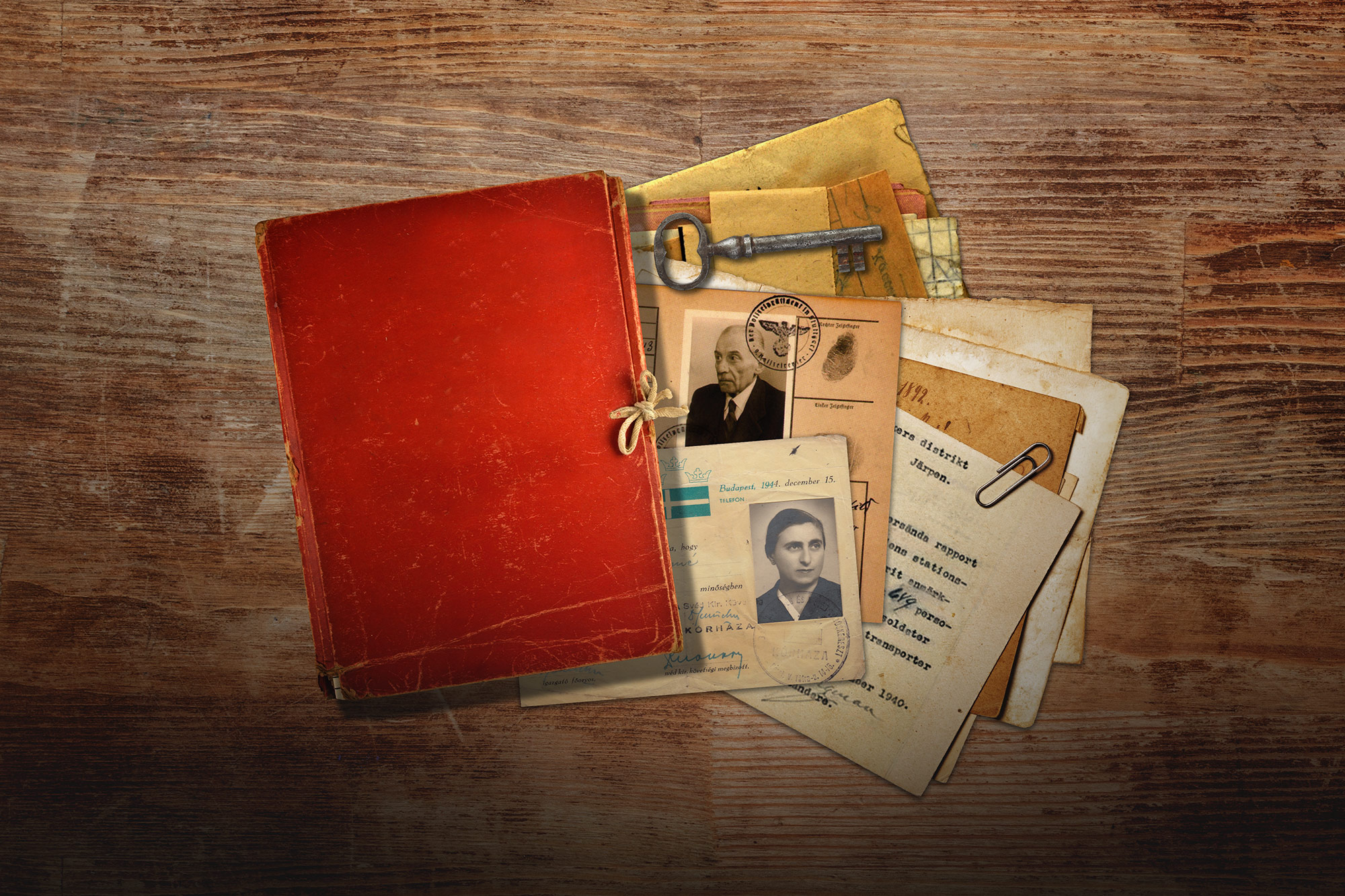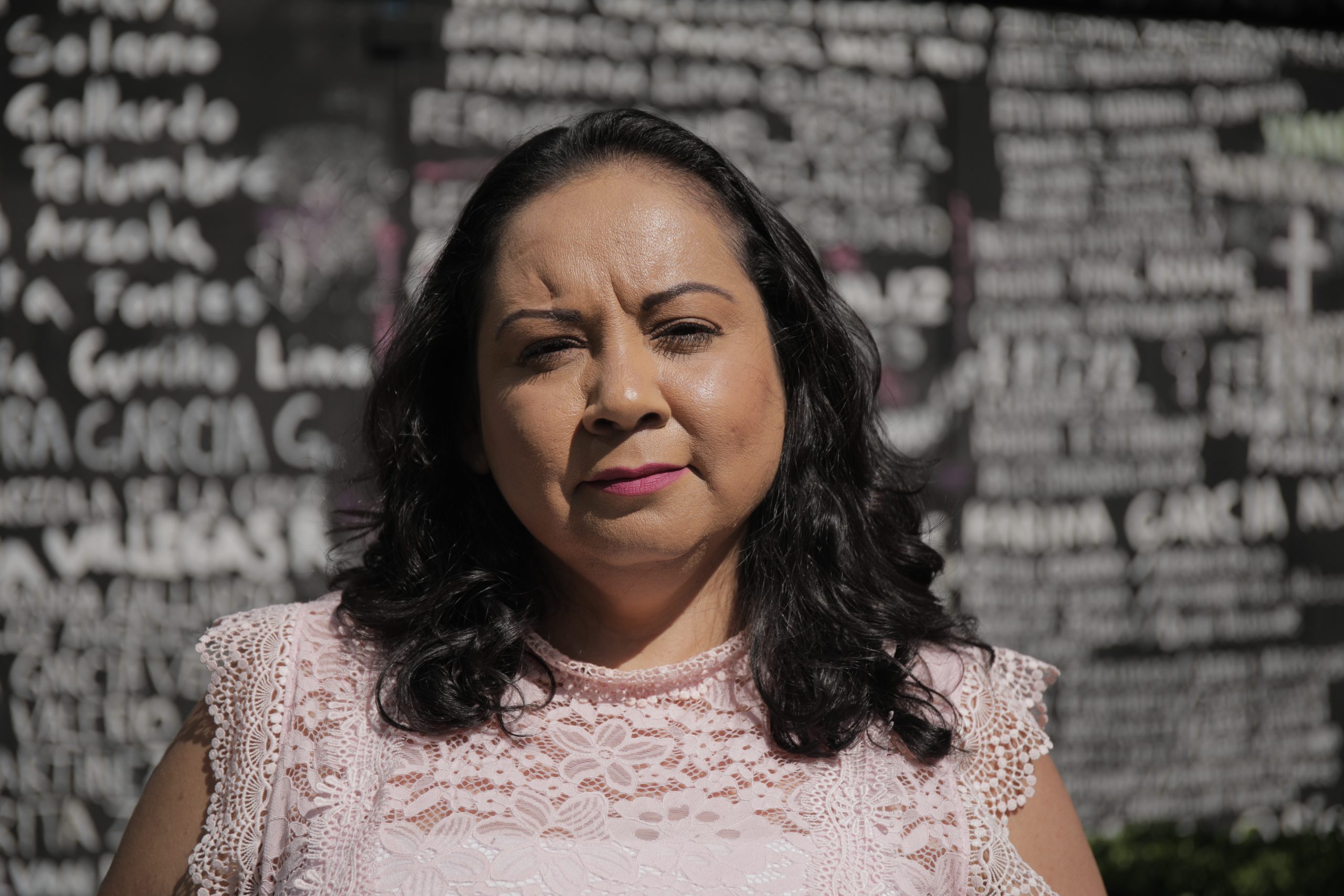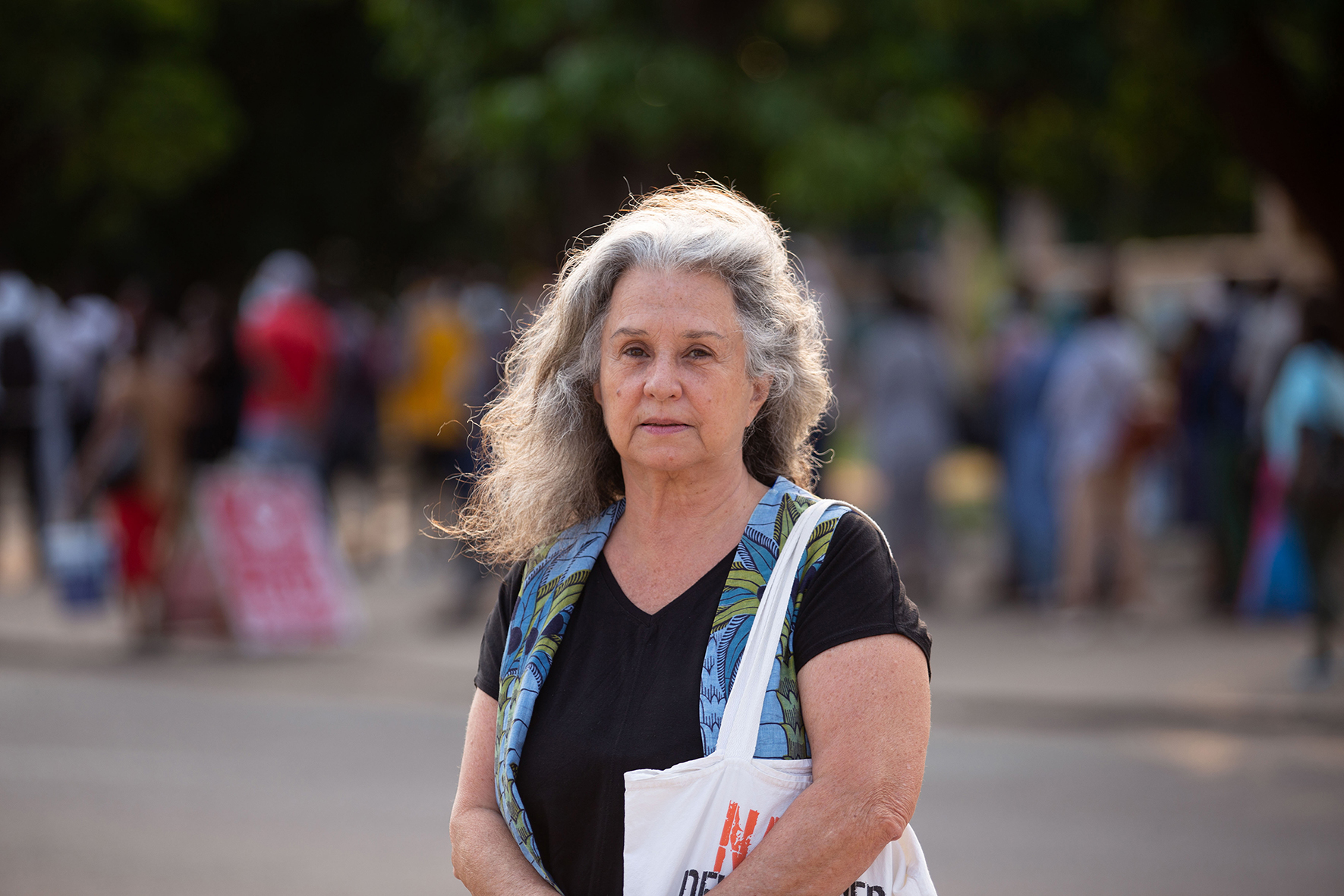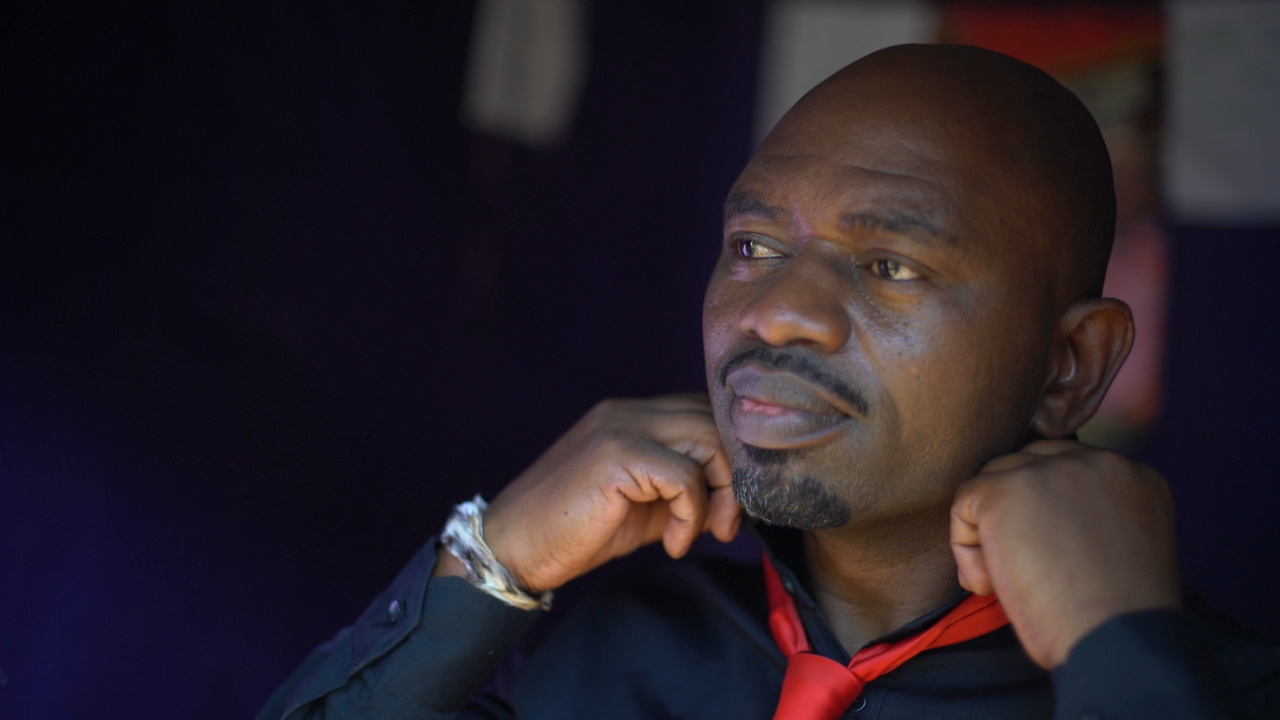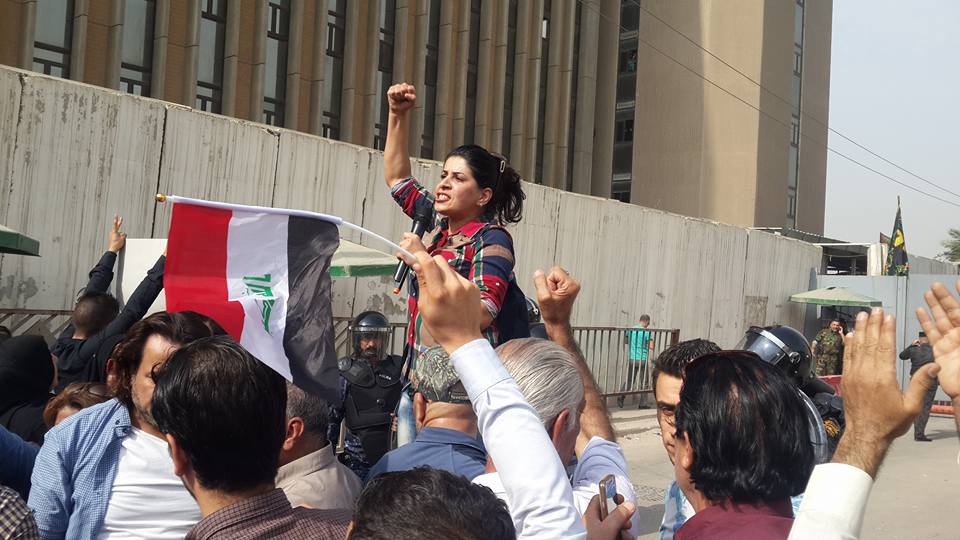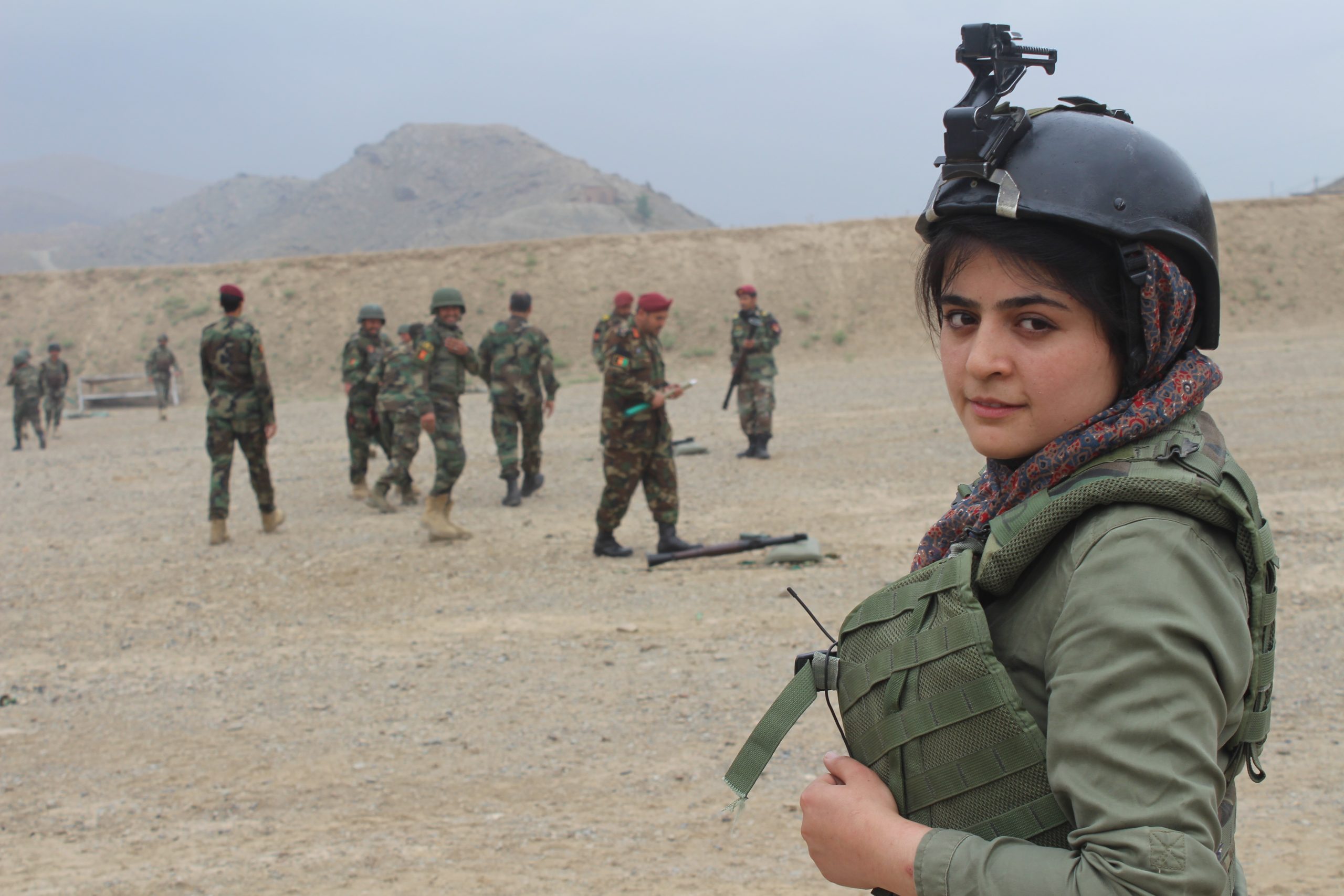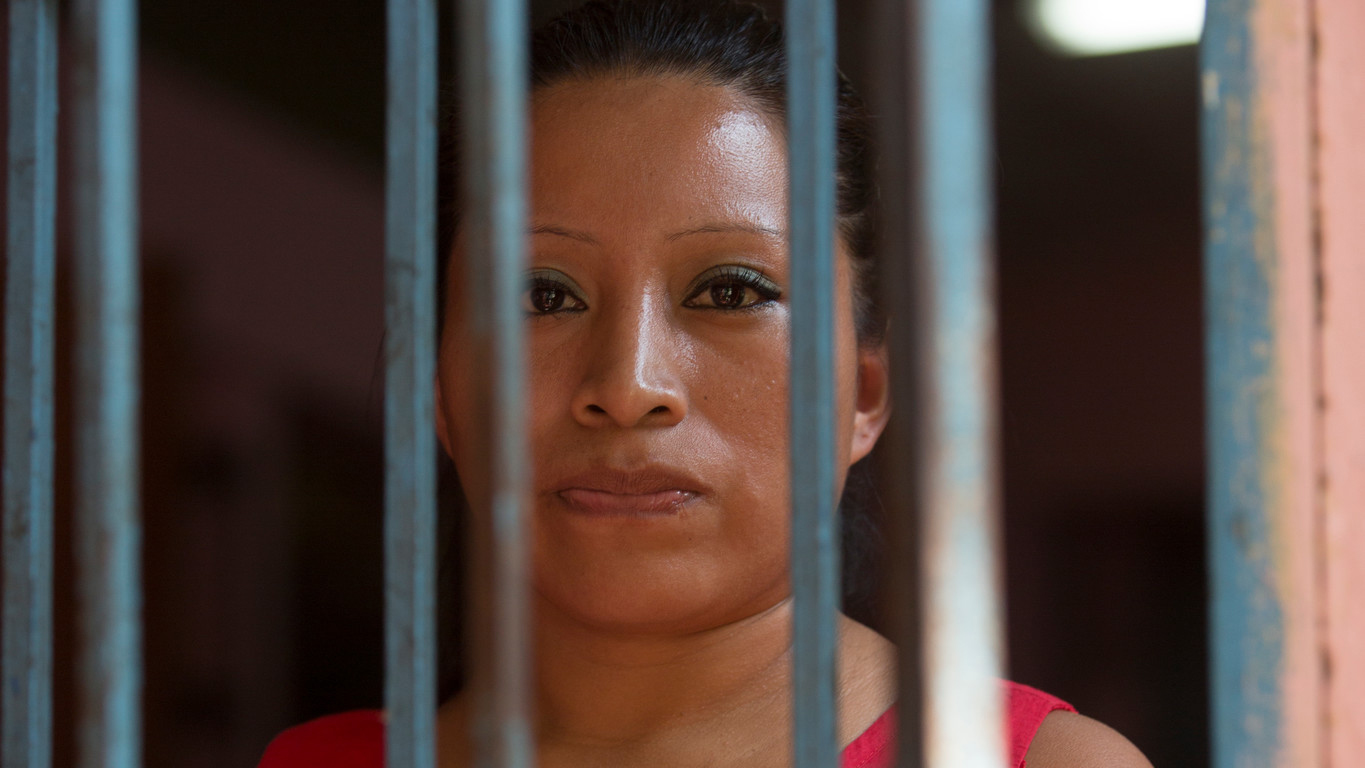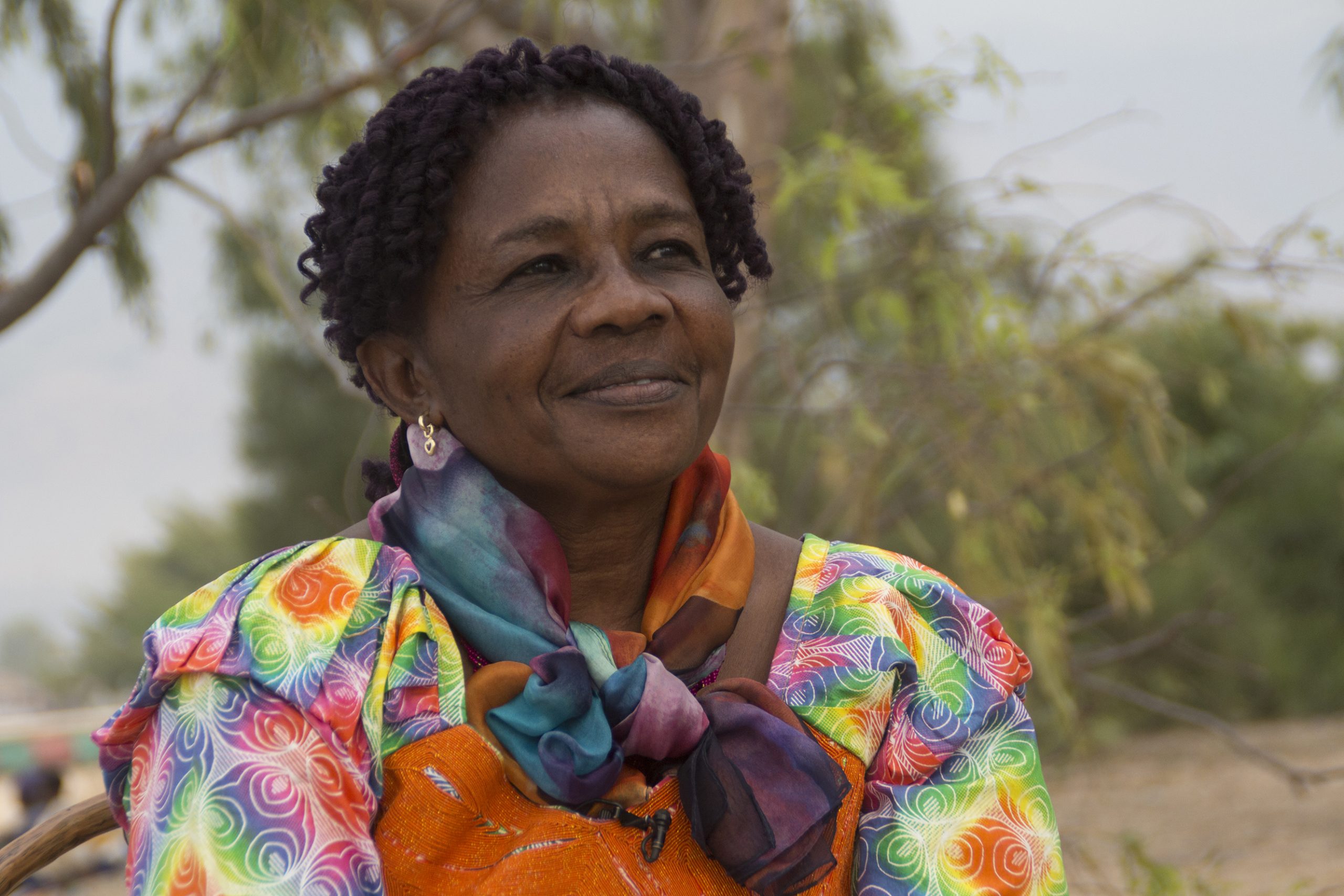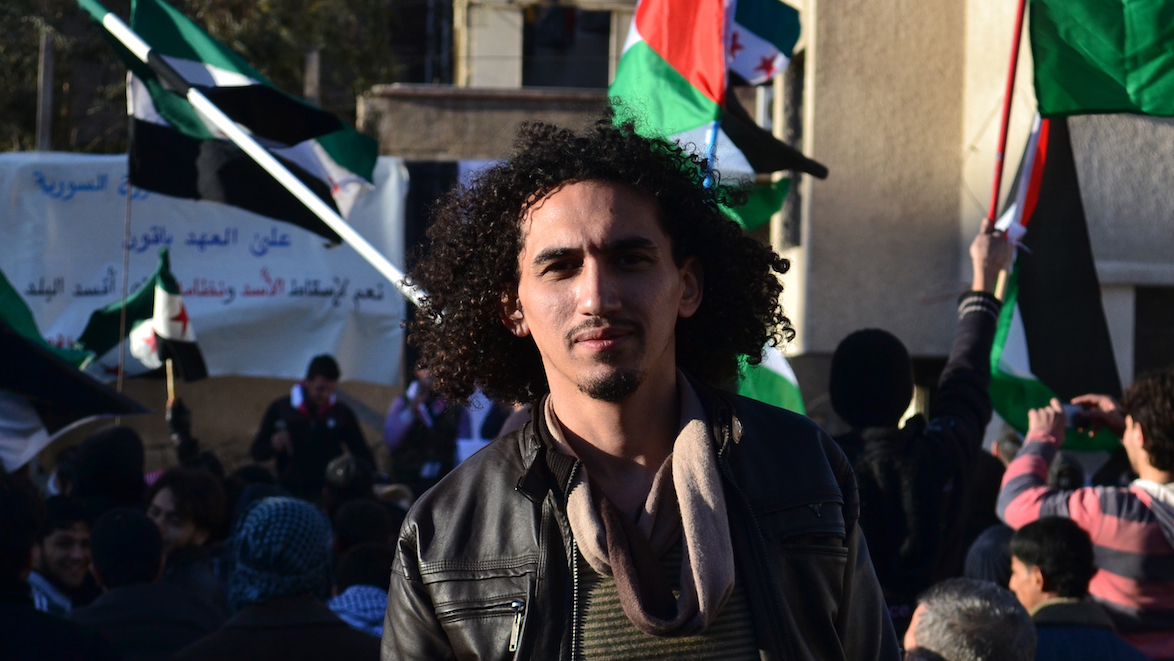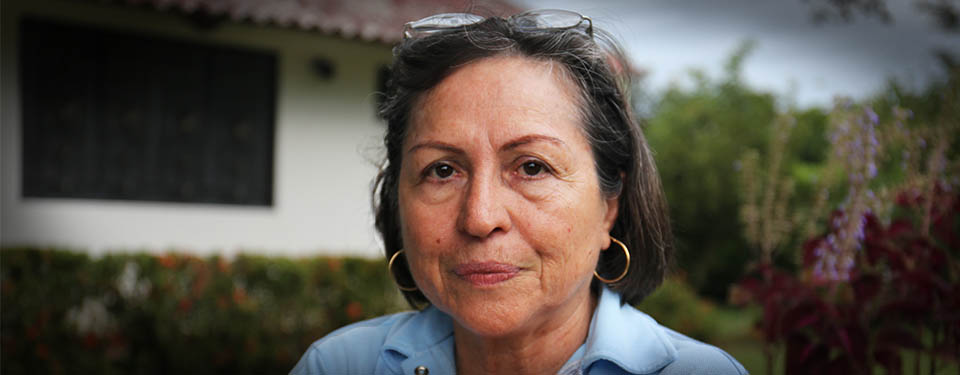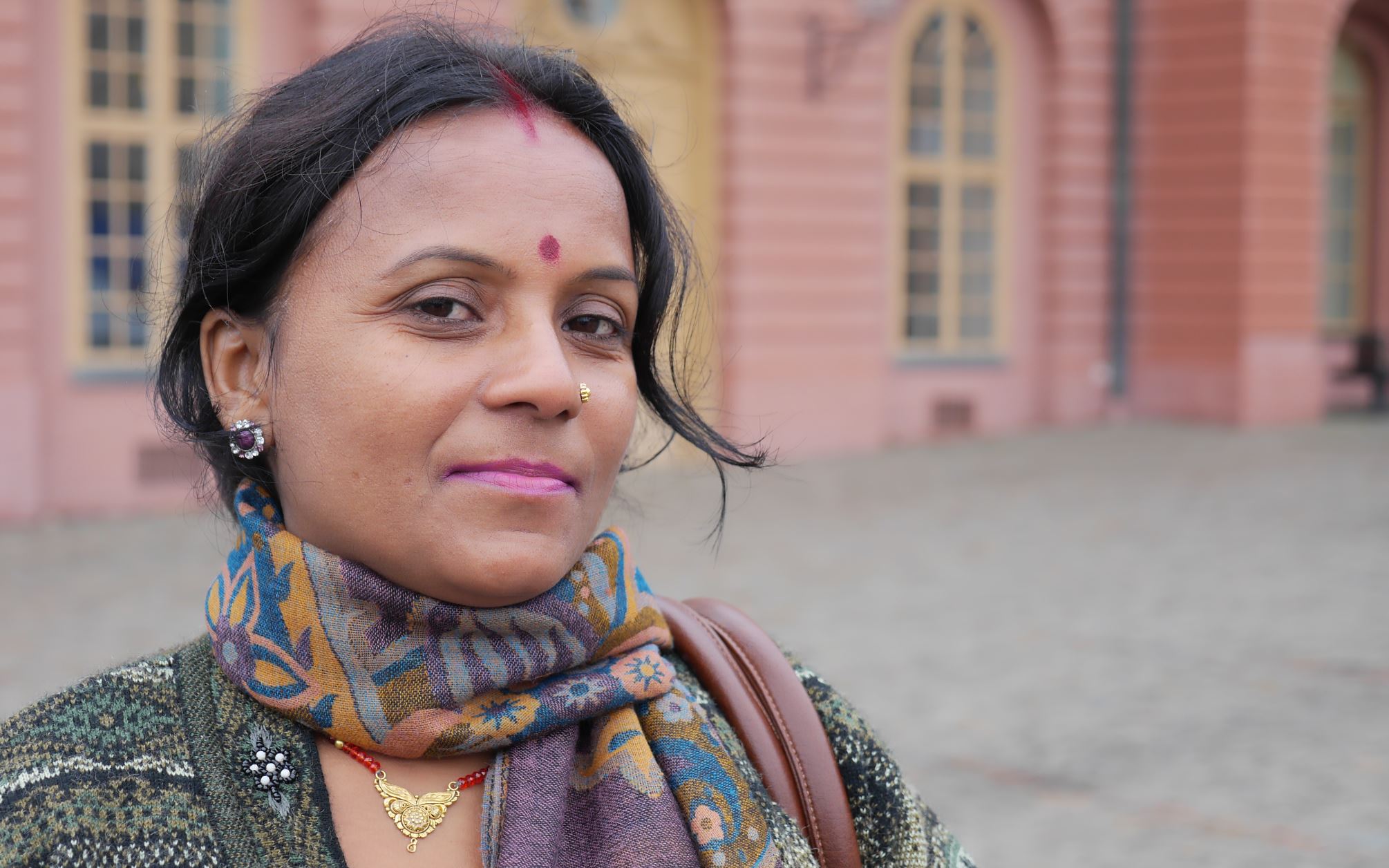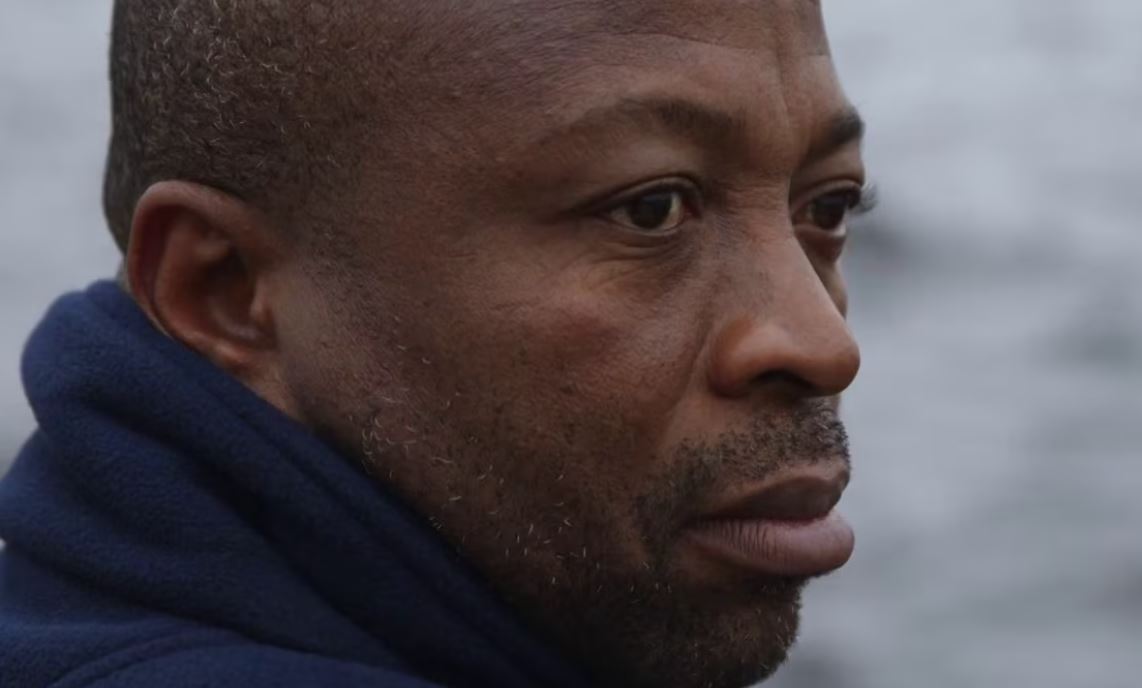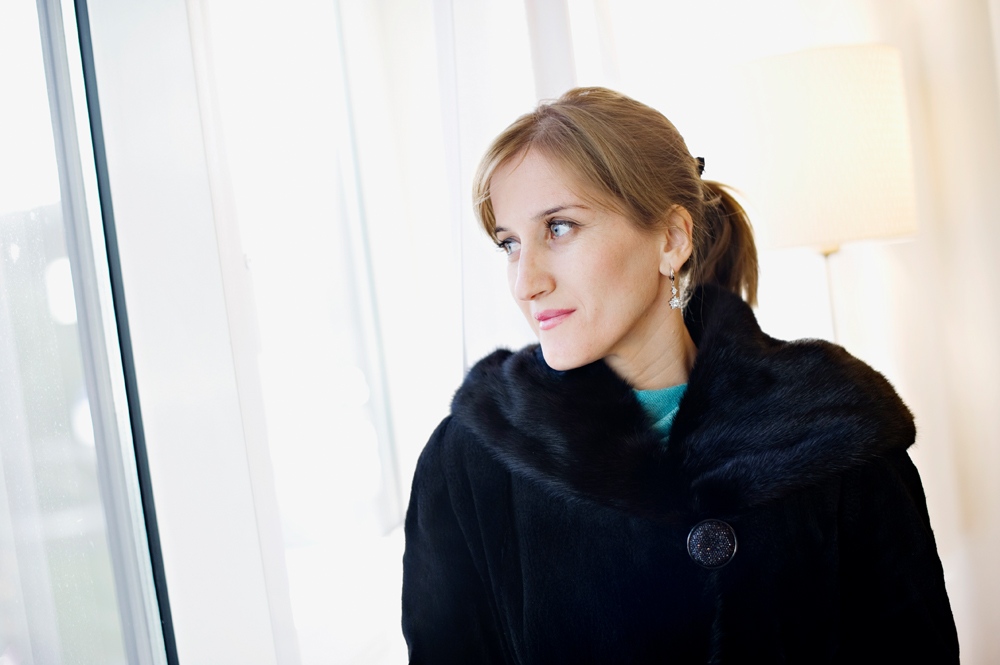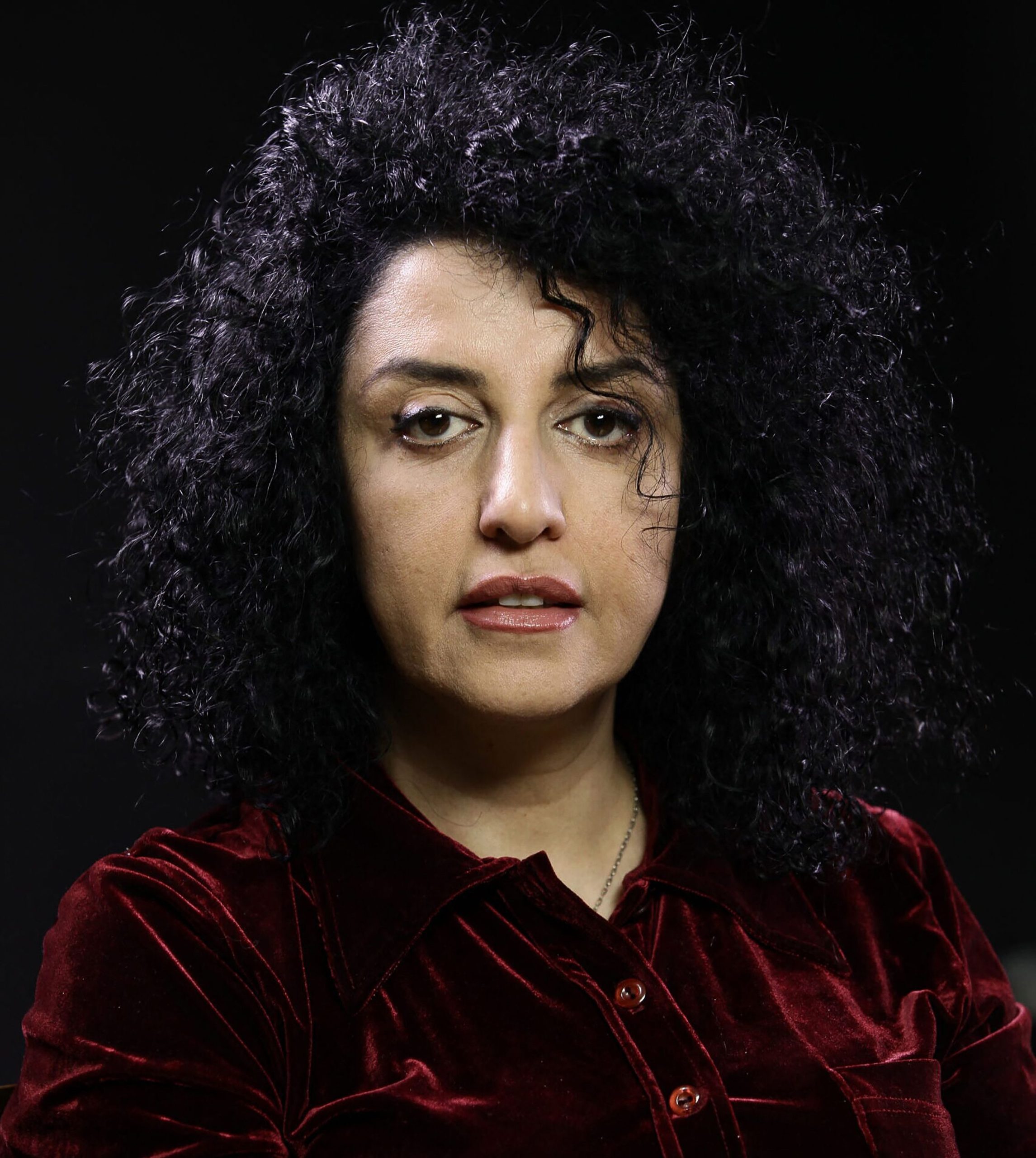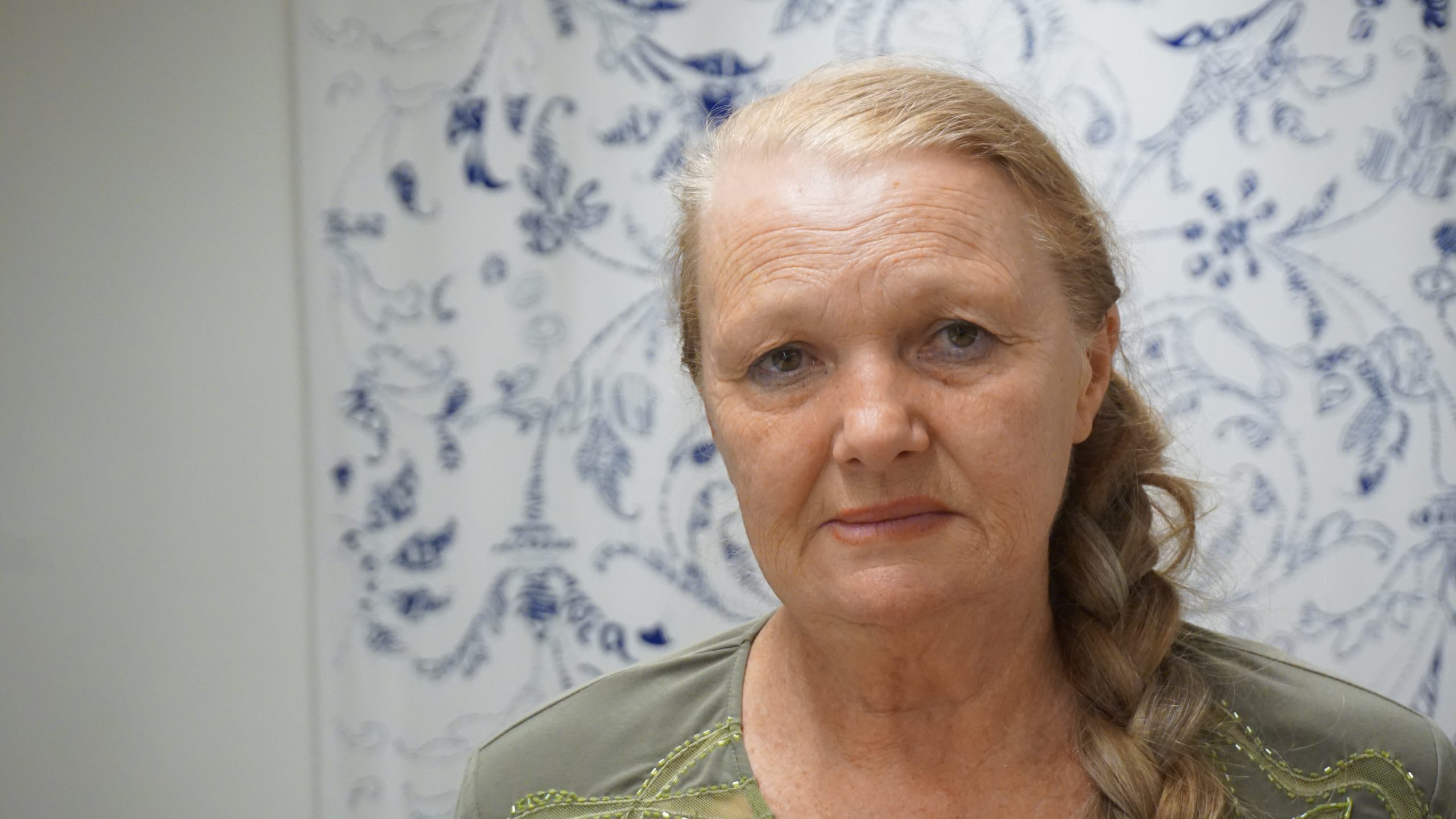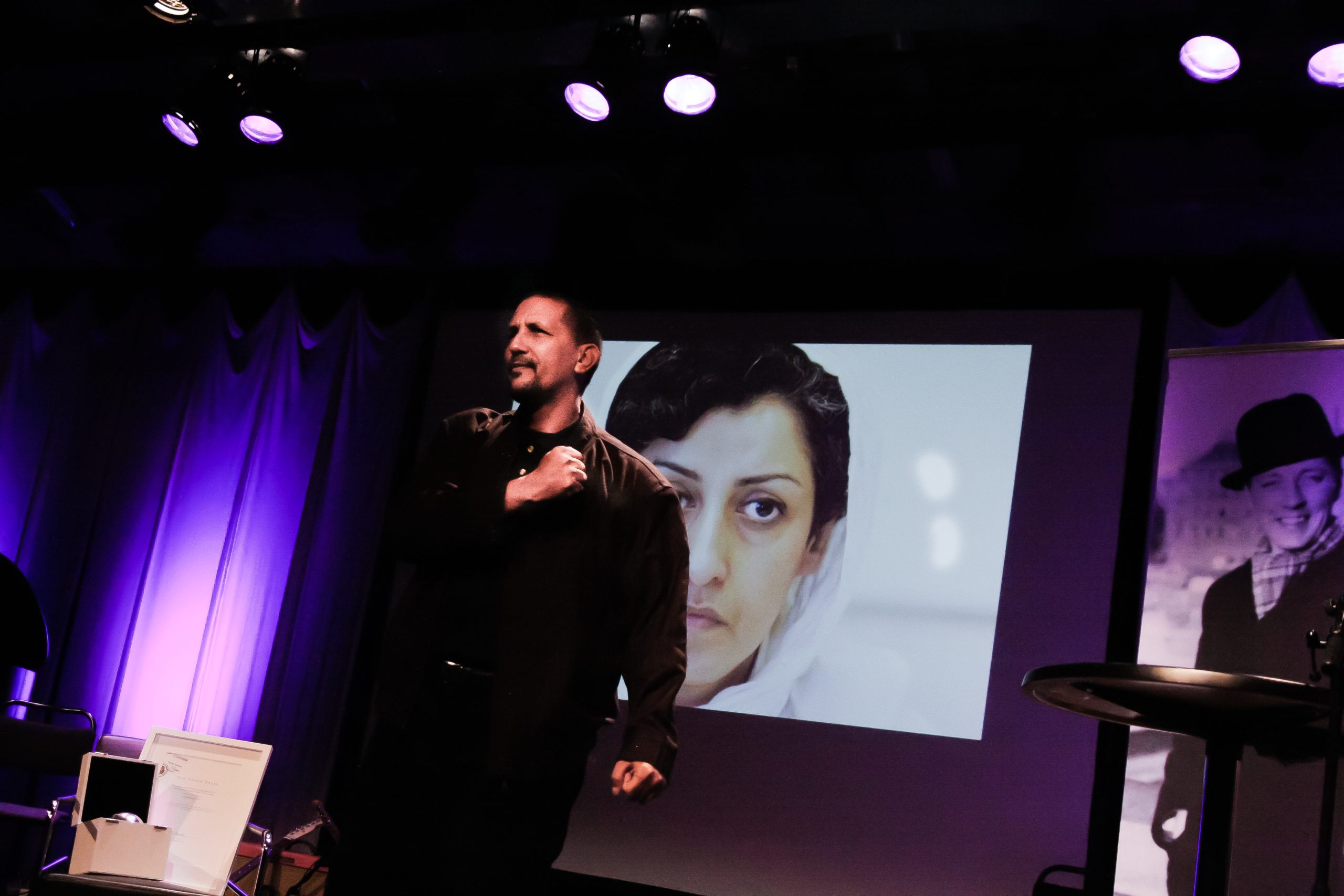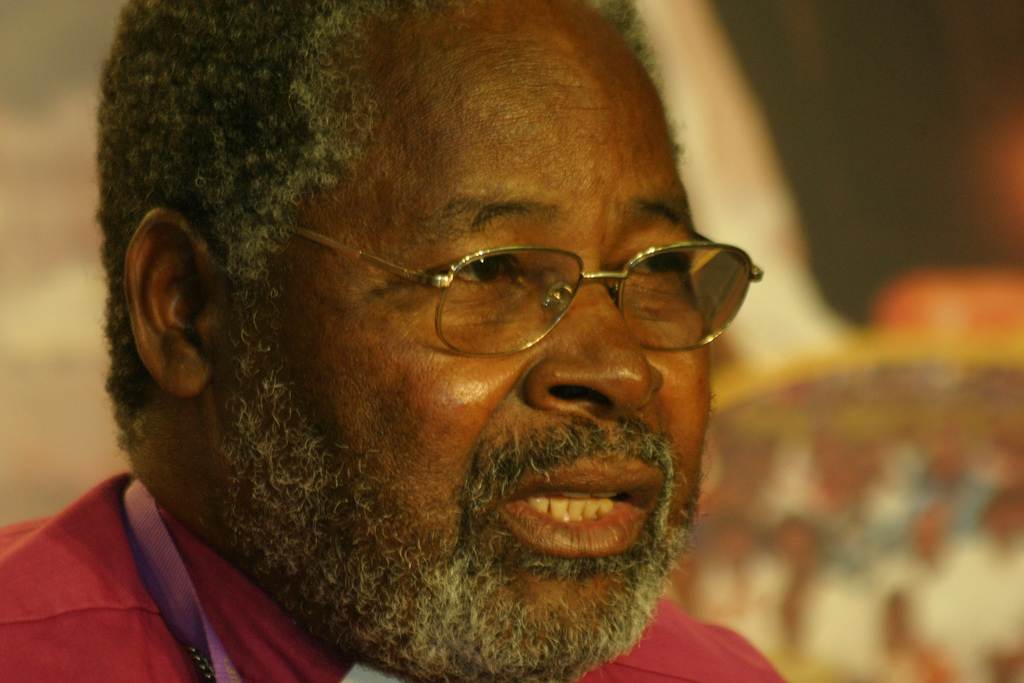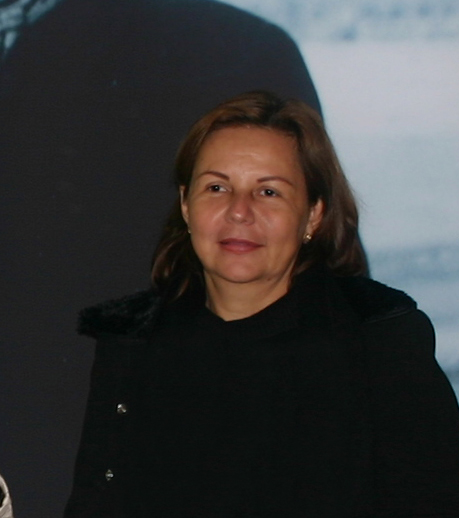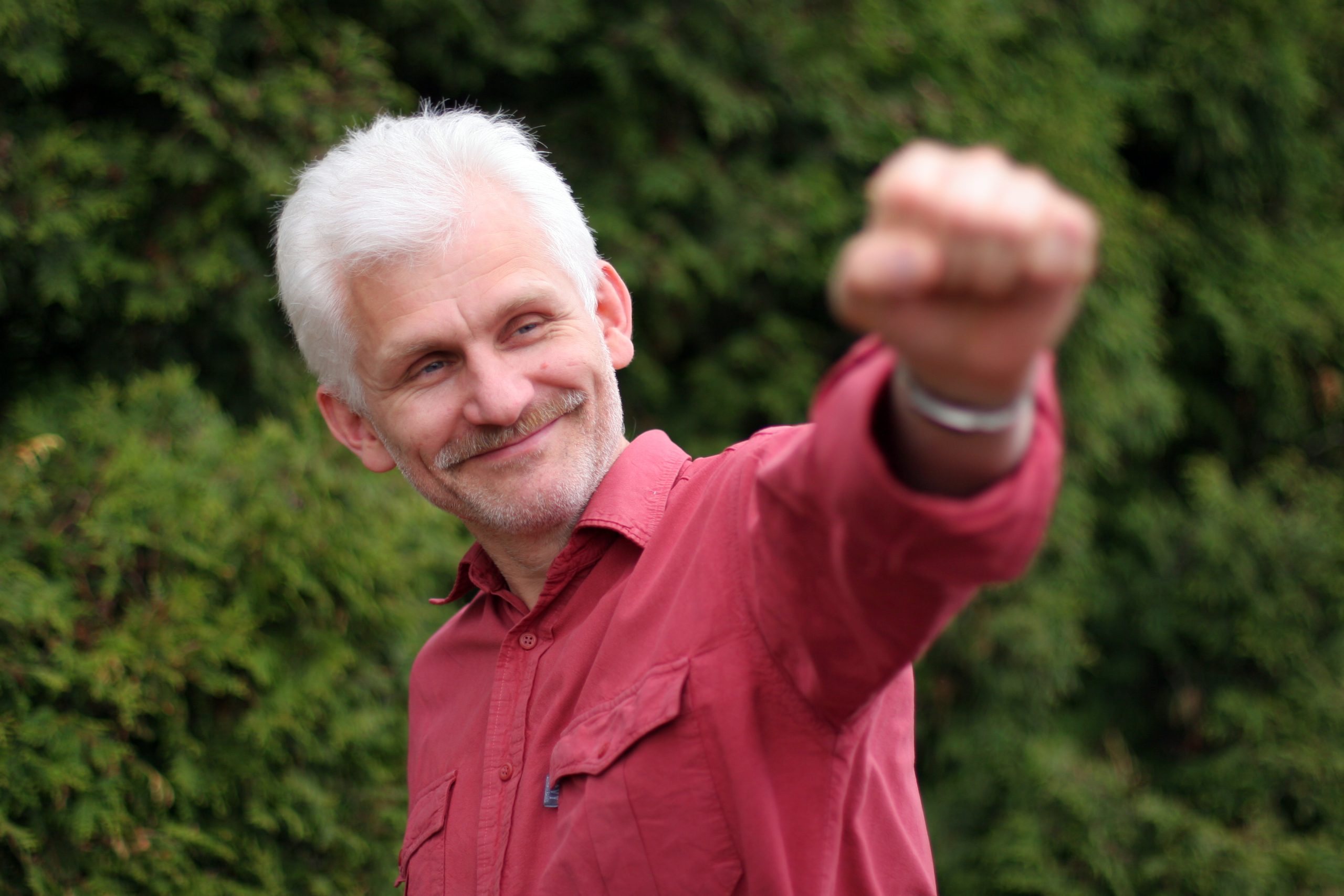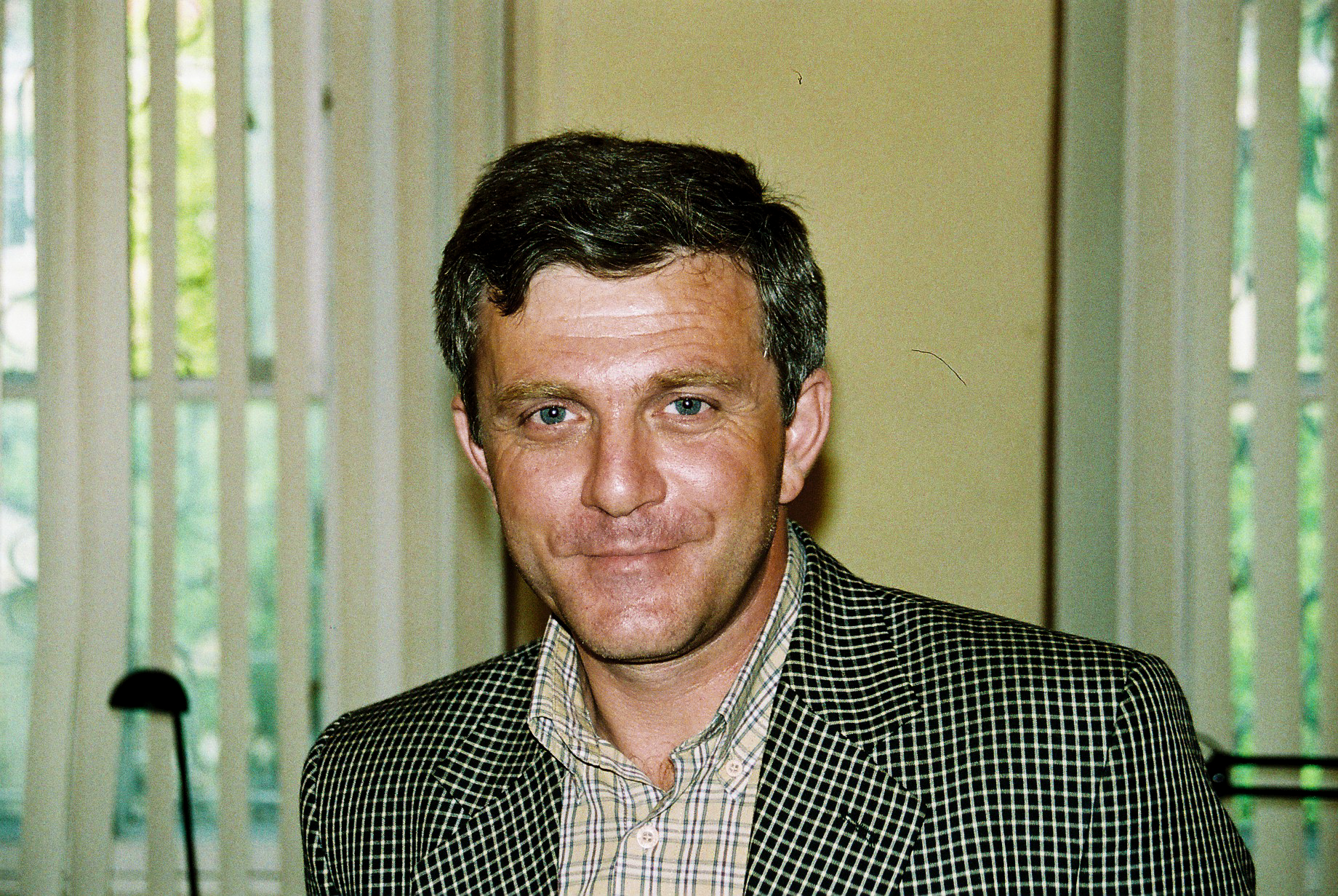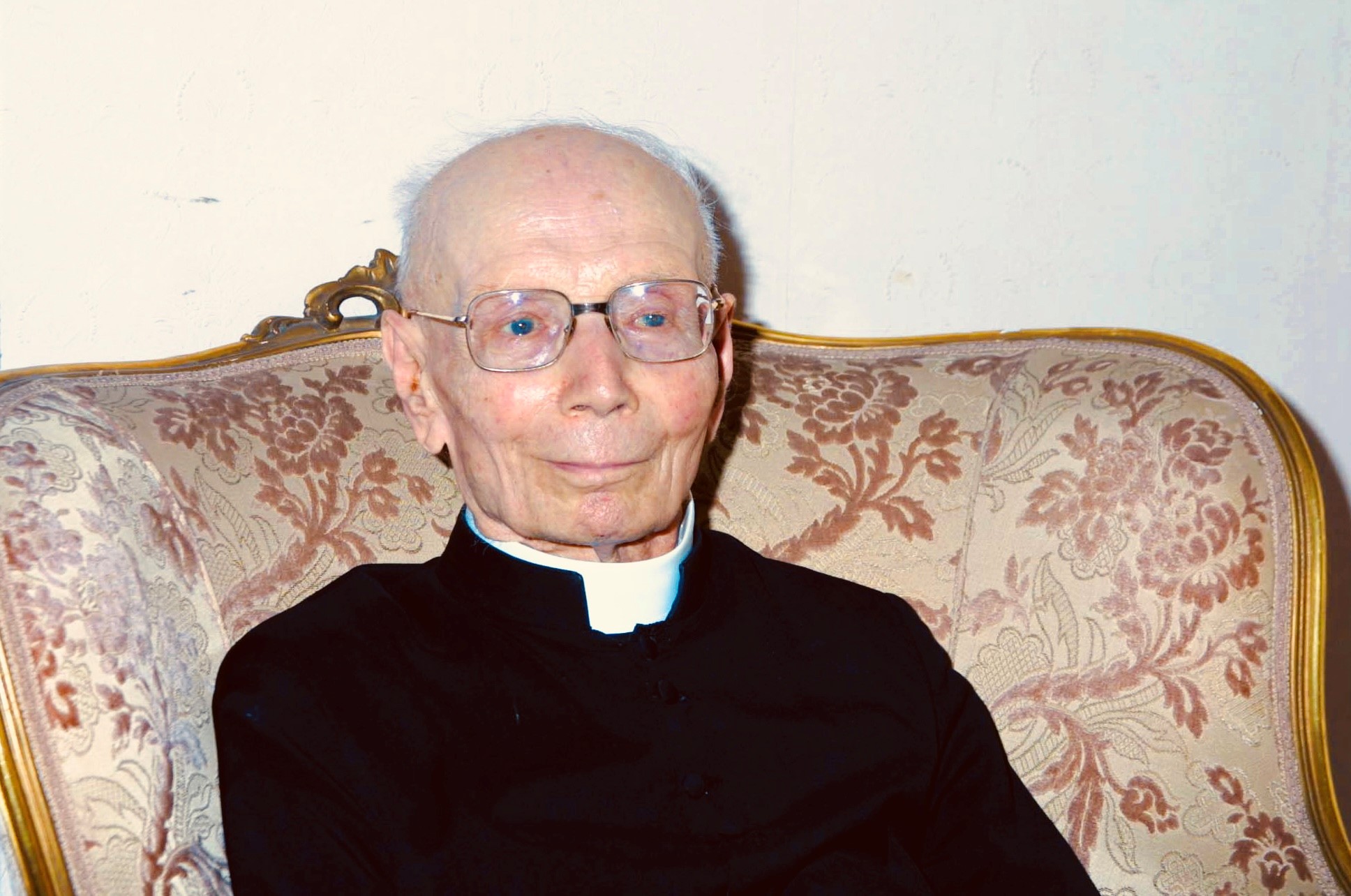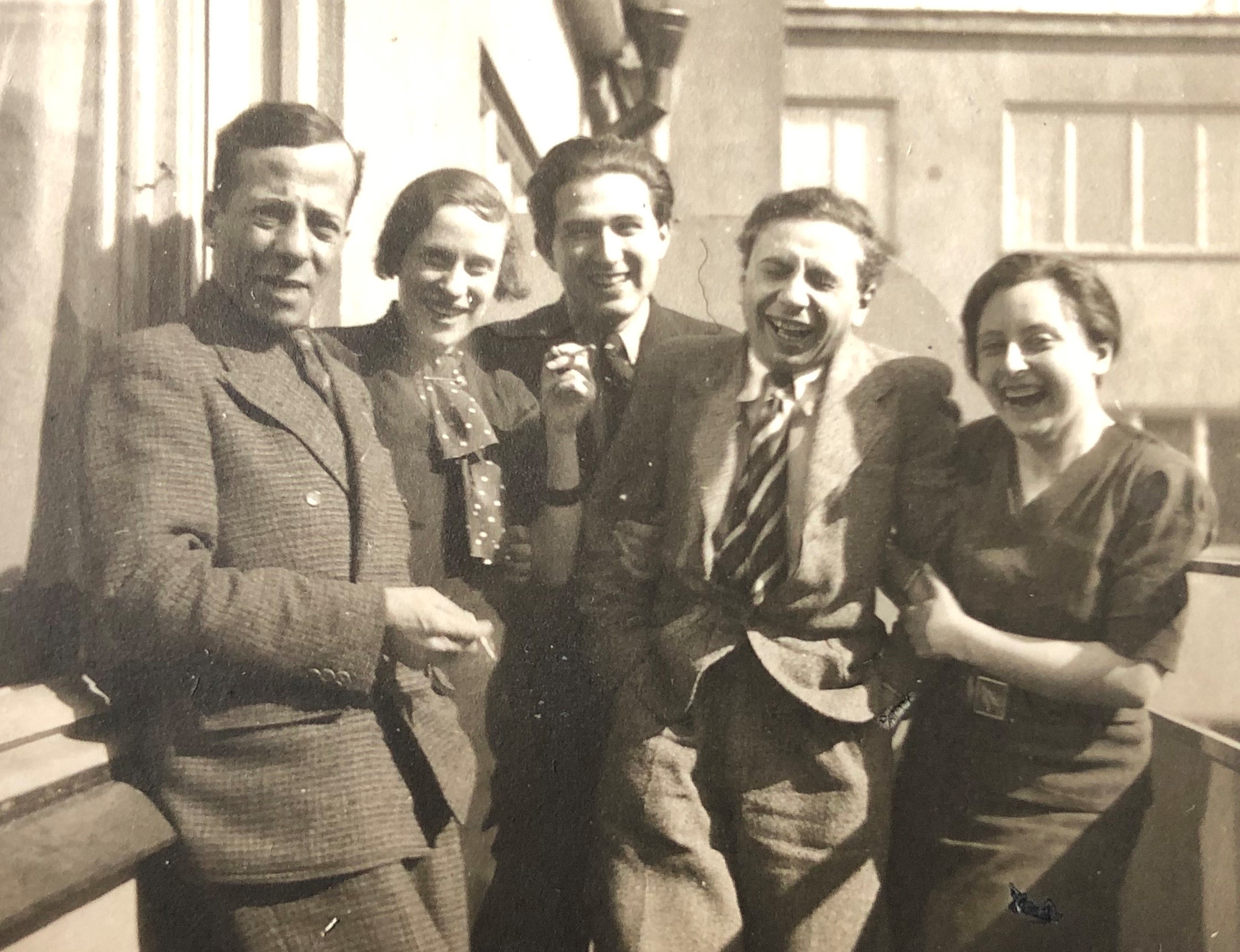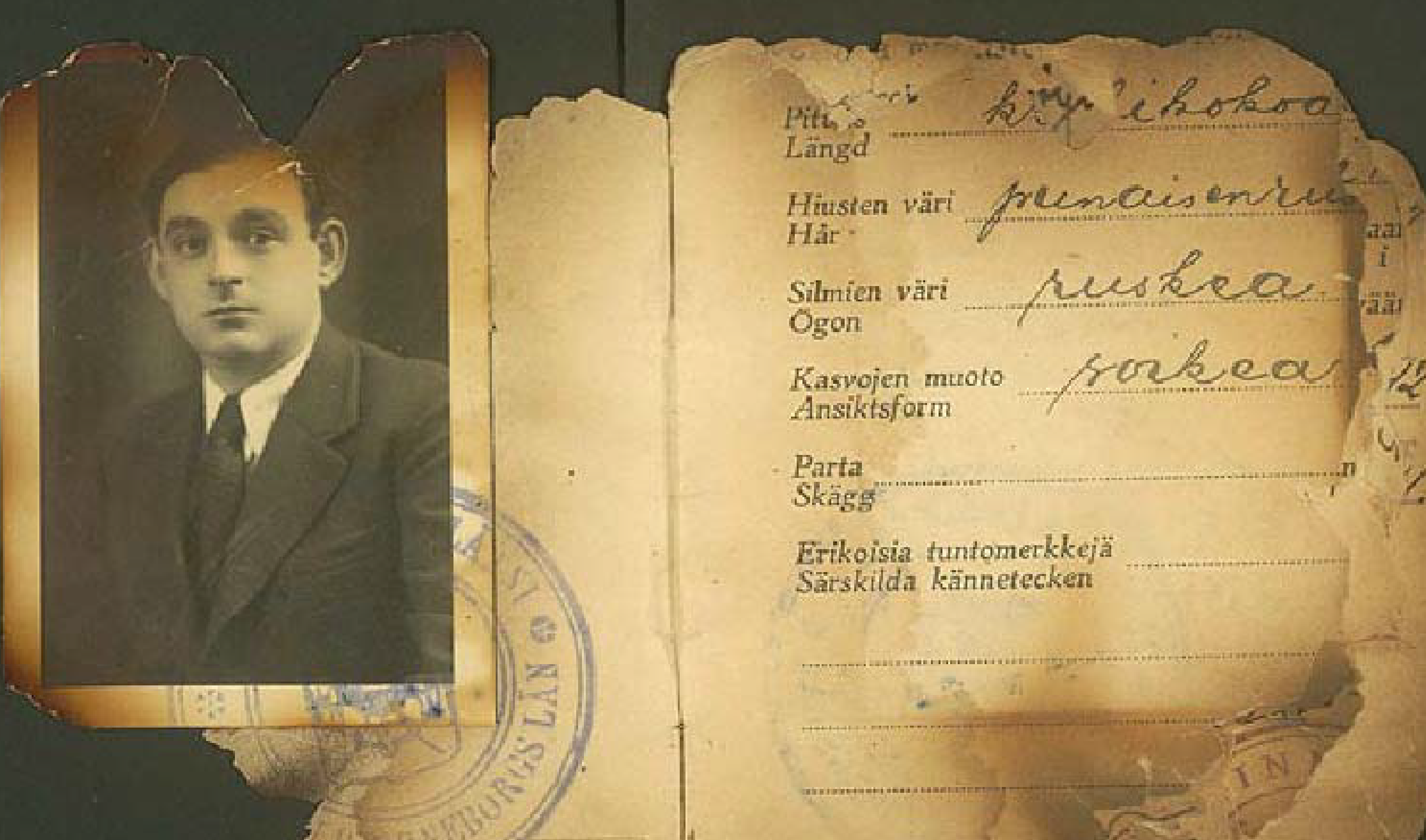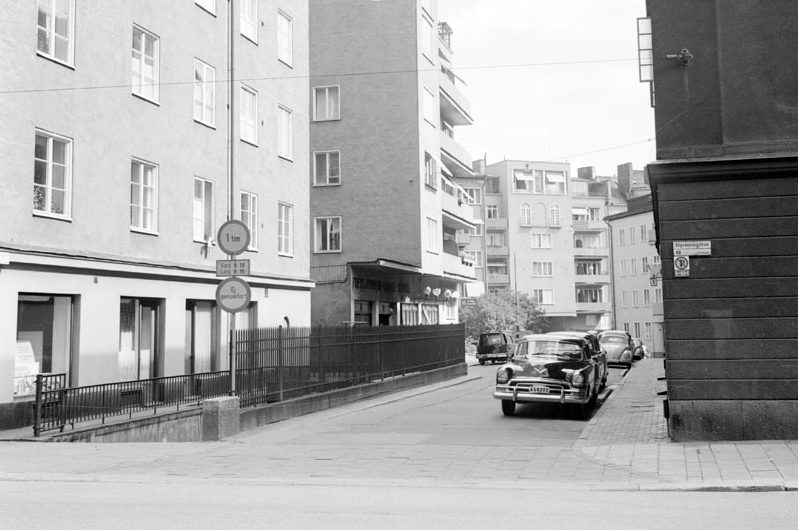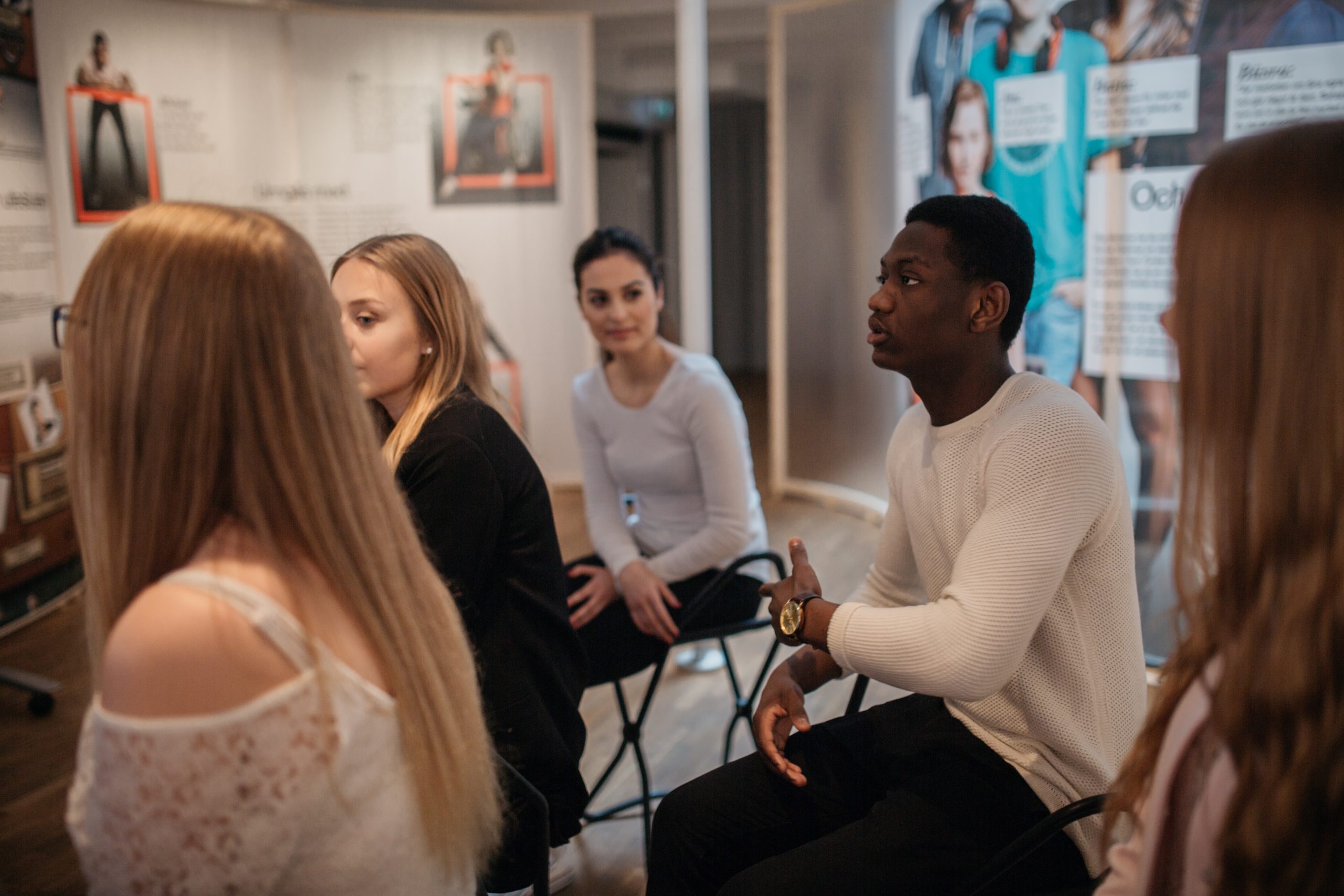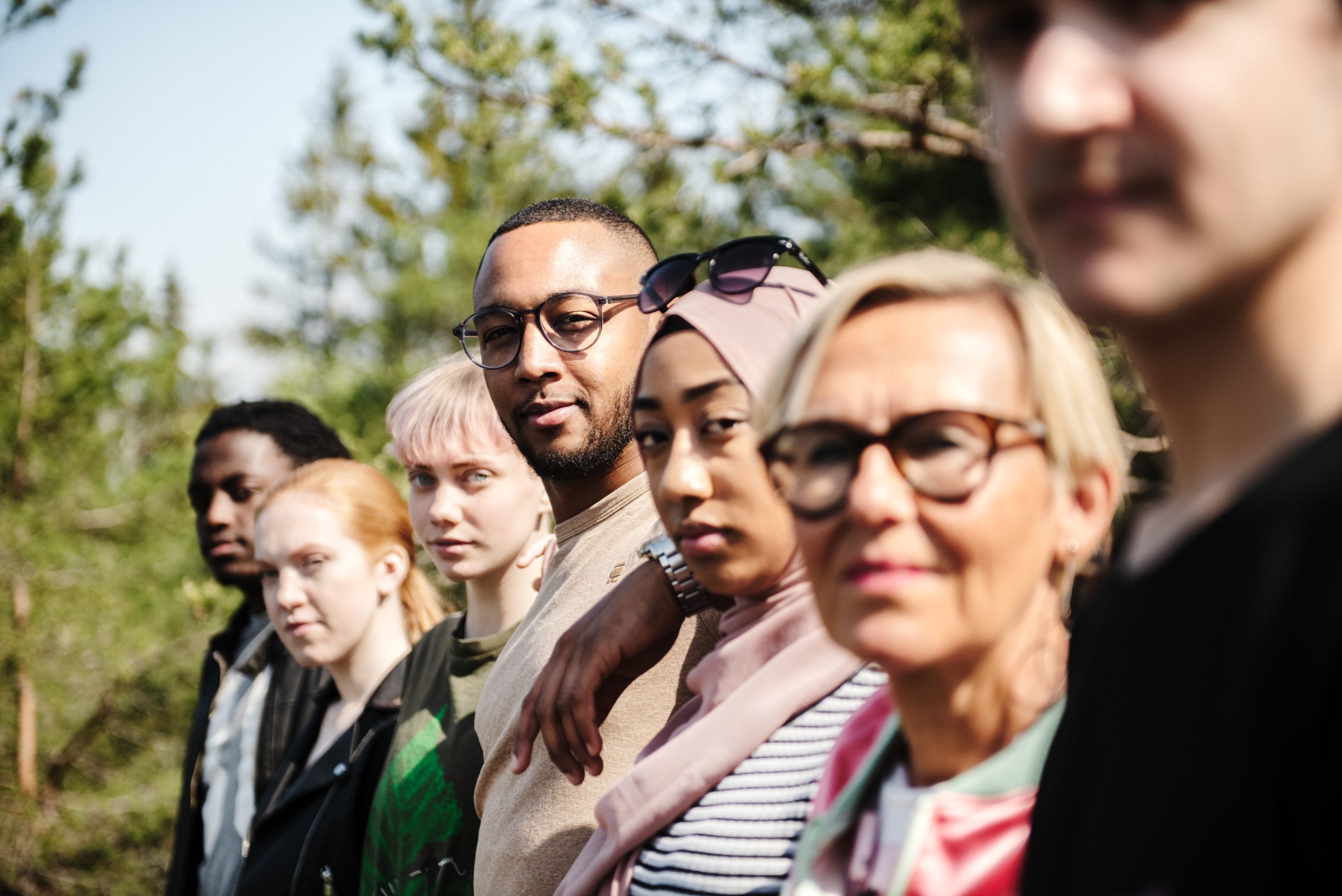Remembrance
We work with education and remembrance of the Holocaust and other crimes against humanity . Remembrance to honour the victims and the people of the resistance. Education to present facts of what happened in history and to encourage critical thinking today.
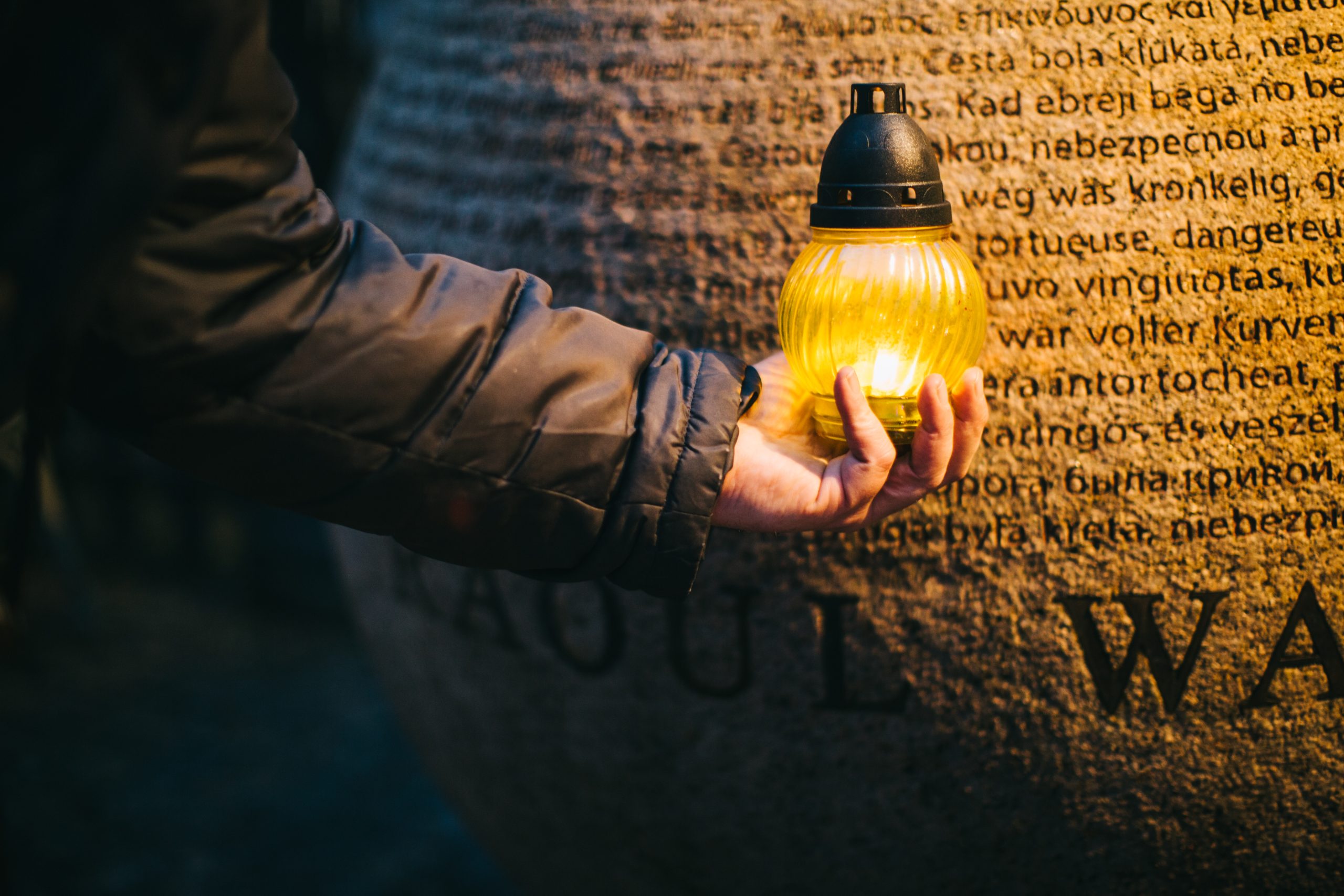
Photo: Juliana Wiklund
Holocaust remembrance
The Holocaust is an example of what can happen if we do not keep the debate about democracy and equality between all people alive. Roughly six million Jews died in the Holocaust. Roma and Polish citizens were also subjected to genocide based on racist ideology. Furthermore, Nazi Germany persecuted, imprisoned, and killed thousands of people of communities such as disability and LGBTQI.
The Living History Forum works with Holocaust remembrance and Holocaust education. Remembrance to honour the victims and the people of the resistance. Education to present facts about the Holocaust and to encourage critical thinking today.
27 January - Holocaust Remembrance Day
On 27 January 1945 Auschwitz, perhaps the most notorious of the Nazi concentration camps and extermination centres, was liberated. The world was then able to see what 12 years of Nazi rule had led to. 27 January has been a national memorial day in Sweden since 1999 and in 2005 the UN declared that date to be the international day of remembrance for victims of the Holocaust.
Holocaust Remembrance Day honours the victims and the people of the resistance. Remembrance ceremonies, cultural programmes, lectures, seminars, theme days at schools, torchlight processions, public manifestations and evidence from survivors are arranged throughout of Sweden.
The role of The Living History Forum is to inspire and co-ordinate initiatives to commemorate the memorial day. Every year we suggest suitable school projects that can be carried out in connection with 27 January.
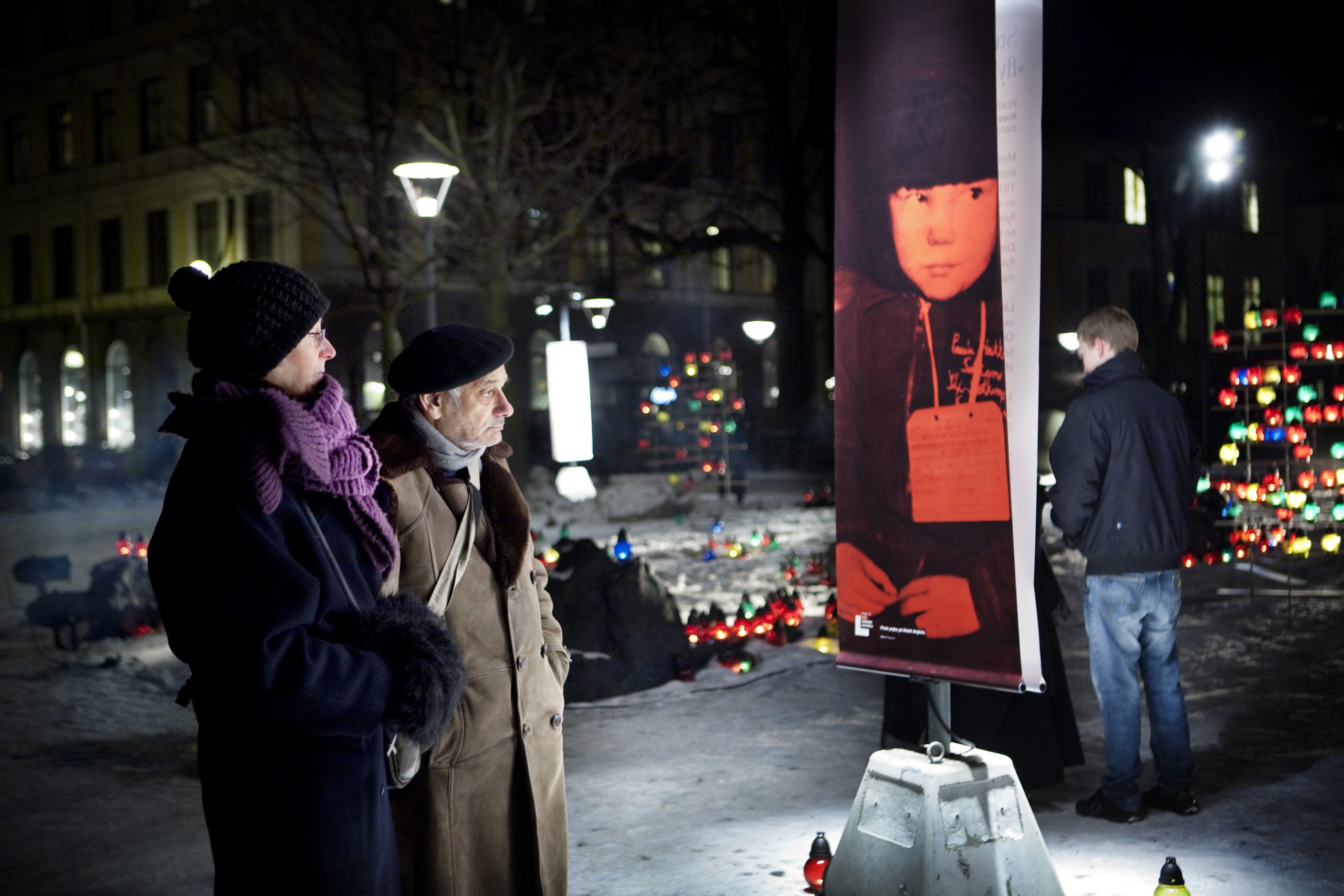
Holocaust Remembrance Day at Raoul Wallenberg square in Stockholm. Photo: Thomas Karlsson
The Per Anger Prize to human rights defenders
The Per Anger Prize is an international prize, established in 2004 by the Swedish Government to promote initiatives supporting human rights and democracy. The Government has commissioned the Living History Forum to manage the nominations, appoint a jury and organise all the various aspects of the prize.
The prize is named after Per Anger who, as secretary of the Swedish legation in Budapest, initiated Sweden’s work to save as many Jews as possible from persecution and death during the Second World War in Nazi-occupied Hungary. On 7 December 2013 he would have turned 100.
About Per Anger
The nomination organisations are Afrikagrupperna, Amnesty International, Civil Rights Defenders, Diakonia, The Kvinna till Kvinna foundation, IM - Swedish Development Partner, We Effect and Act Church of Sweden.
The jury is comprised of Irina Schoulgin-Nyoni (Ambassador for Human Rights, Democracy and the Rule of Law, Swedish Ministry for Foreign Affairs), Johan von Schreeb (Associate Professor, Specialist in General Surgery and Disaster medicine), Hewan Temesghen (Human Rights expert), Nils Anderfelt (grandson to Per Anger) and Petra Mårselius (Director General of The Living History Forum).
Stumbling stones in Stockholm
All across Europe 70,000 so-called Stolpersteine (or “stumbling stones”) have been laid down in memory of people who fell victim to the Holocaust. They are part of a European art project managed by the German artist Gunter Demnig.
Swedish stumbling stones can be found outside three addresses in Stockholm. They mark the houses where people lived after finding refuge in Sweden only to be expelled and later killed in the Holocaust.
Before and during the Second World War some of those persecuted by the Nazis fled to Sweden. The goal of the Nazis was to exterminate all European Jews. There were even plans of murdering all Swedish Jews, but since Sweden had not been invaded by Germany they were never deported.
The initiators of the stumbling stone project in Stockholm are The Living History Forum, The Association of Holocaust Survivors in Sweden, and the Jewish Community in Stockholm. The project has been realised in collaboration with the City of Stockholm.
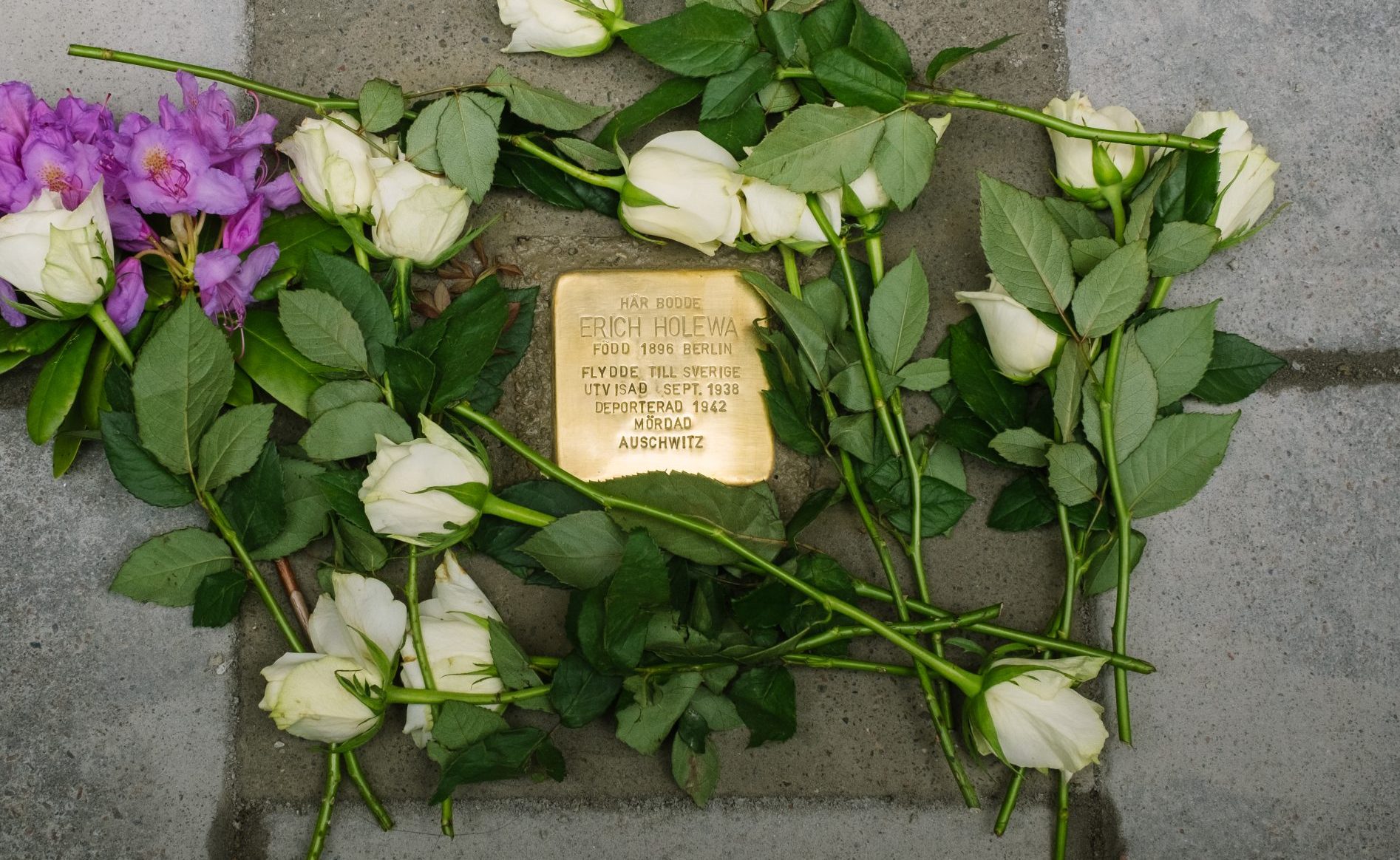
Stumbling stone at Kungsholmstorg 6 in Stockholm. Photo: Juliana Wiklund
Here you can find stumbling stones in Stockholm
Stolpersteine – an art project
The Stolpersteine (“stumbling stones”) art project was started in Germany in the early 1990s to honour the Jews, Romani, anti-Nazi activists, homosexuals, and others who were expelled or exterminated by the Nazis between 1933 and 1945.
The art project grew rapidly, and today stumbling stones can be found in streets in a number of sites around Europe.
Read more at www.stolpersteine.eu
A turnaround that came – but too late
Chronicle on the subject of the Swedish refugee policy in the 1930s and 1940s, by Ingrid Lomfors, historian and former director of the Living History Forum.
Witnesses from the Holocaust
Eyewitness accounts from survivors of the Holocaust hold a central place in the mission to spread knowledge about its history.
Individual eyewitness accounts bring historical processes to life, events that would otherwise be hard to make sense of. The eyewitness accounts convert vast historical contexts down to the micro level. Individual stories increase our opportunity to interpret and understand historical facts that we otherwise only come across in the shape of numbers, statistics, and foreign place names.
Every account is highly personal, coloured by the storyteller’s own experiences and notions. An eyewitness account is not an absolute truth, but rather a personal perspective on a larger historical chain of events. Only a small number of the survivors that came to Sweden are still alive today. We feel immense gratitude to those among them who allowed themselves to be interviewed, thereby sharing their personal memories. It is important to consider that the survivors represent a very small part of those who fell victim to Nazi ideology. Those eyewitness accounts that are accessible to us come from people who, each and every one of them, constitute exceptions in that they survived.
The Living History Forum has, in cooperation with several other Swedish organisations working with Holocaust accounts, established a network with the purpose of increasing cooperation in the field. One result of this cooperation is the establishment of a web site consisting of the following four parts:
Swedish collections of eyewitness accounts
Most of the interviews with survivors in Sweden have been conducted during the first decade of the 21st century. Very few interviews were carried out in Sweden during the years immediately following the Holocaust. However, there are a few exceptions. One of these is the group of interviews carried out as early as 1945 by The Collaborative Committee for Democratic Reconstruction (SDU), and collected in the book “The doomed bear witness: questionnaire responses and interviews published by Gunhild and Einar Tegen,” 1945. Yet another early gathering of interviews was made by Zygmunt Lakocinski already 1945, when he interviewed Polish women who came to Sweden from the concentration camp Ravensbrück through the care of the Red Cross. Spread throughout archives across the country, there is also a large amount of other types of interviews carried out with survivors for purposes other than to preserve their stories. Instead, these are interviews made in connection with the survivor applying for a residence permit for a certain place, or when a survivor after a few years applied for citizenship. Those interviews can in many cases also serve as a form of eyewitness accounts.
Organisations and institutions working with eyewitness accounts in Sweden
Here is a collection of all the organisations we know of that in some way work with questions concerning eyewitness accounts from Holocaust survivors throughout Sweden (link goes to page in Swedish).Each link includes information regarding the chosen organisation and contact information.
Pedagogic material based on eyewitness accounts
Here is a list of pedagogic material based on eyewitness accounts from the Holocaust (link goes to page in Swedish).The material from The Living History Forum and the Swedish Education Broadcasting Company (UR) is in Swedish. The pedagogic material Eternal Echoes from the Swedish Committee Against Antisemitism (SCAA) is available in six languages other than Swedish. Eternal Echoes is the result of the project Interactive Comprehensive Tool for Holocaust Education (ICTHE) 2016–2019, which was co-financed by the EU programme Erasmus+.
Collections of eyewitness accounts from outside Sweden
Here is a list of organisations outside Sweden that have collections of eyewitness accounts from Holocaust survivors with memories connected to Sweden (link goes to page in Swedish).All the organisations listed include Swedish accounts.
Collection of Holocaust memories
On behalf of the Swedish government The Living History Forum commenced a nationwide collection of Holocaust memories related to Sweden.
The aim was to create a source of knowledge for the new Swedish Holocaust Museum in Stockholm. The museum arranged its first public events in June 2022.
We were mainly looking for unknown and unique testimonies, correspondence, diaries, personal stories, photographs or objects and artefacts. Material concerning persons or groups with experience of propaganda, oppression, terror or persecution during the Nazi period 1933–1945.
The collected material was handed over to National History Museums and incorporated into the collections of the Swedish Holocaust Museum. The material will form the basis for future public activities and be made available for research.
